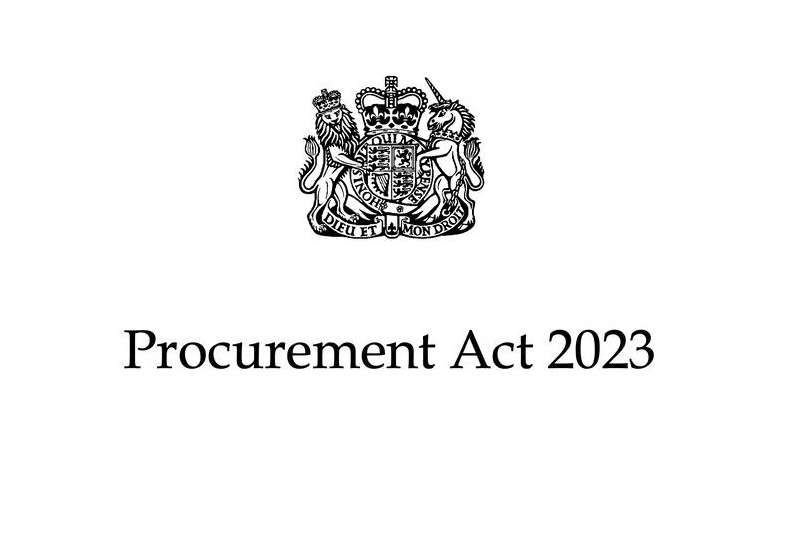Despite the Procurement Act 2023 being given royal assent some time ago, its implementation has been somewhat delayed. With it finally coming into effect on 24 February 2025, a review of its key features seems timely.
This new legislation aims to modernise the UK’s public procurement system, making it more efficient and transparent. The Act is expected to improve and streamline the way procurement is undertaken and benefit prospective suppliers of all sizes. Indeed, the governments’ own guidance states that the Act is designed to particularly benefit small businesses, start-ups and social enterprises. These are some of the key changes:
- Simplified procedures & flexibility – the Act introduces a simpler and more flexible procurement process, allowing for tailored procedures that better meet specific needs. This should reduce complexity and administrative burdens, particularly for suppliers. This will include more standardisation and streamlining of procurement processes so that the bidding process is simplified, which should make it easier to bid, negotiate and work with the public sector.
- Increased transparency – there will be greater transparency throughout the procurement lifecycle, including the publication of contact details and performance. Storage of core business details on a central digital platform means they can be used for multiple bids, therefore enhancing transparency and accountability.
- Greater oversight – A new Procurement Review Unit (PRU) is to be established, which will maintain and build upon the existing Public Procurement Review Service (PPRS), which allows any concerns regarding public procurement practices to be addressed for such matters as late payment or specific procurement procedures. The PRU will go live at the same time as the new procurement regime in February 2025 and will comprise three services: the existing PPRS, a new procurement compliance service and a new debarment review service.
- Support for small businesses – The Act aims to open up public procurement to small businesses and social enterprises, enabling them to compete for and win more public contracts. Public procurement opportunities will be more visible, making it easier to search at no cost and alerts can be set up for tender opportunities applicable to each small business.
- Central digital platform – a new central digital platform will be introduced to make registration as simple as possible. Core business details can be stored and managed and updated quickly for suppliers to register and find procurement opportunities.
- Debarment regime – a new debarment regime will be established to exclude suppliers with poor compliance records or those posing national security risks. Exclusion criteria will be applied if suppliers have a history of poor performance or legal violations. A centralised list of debarred suppliers will be maintained so it is easier for authorities to identify and exclude non-compliant suppliers. Those suppliers who are debarred will have the right to appeal the decision, which in turn there will be a clear process for reviewing & potentially overturning debarment decisions.
Originally, the government wanted to create a simpler, more flexible, commercial system when the UK left the European Union in 2020, so that it better met the country’s needs while remaining compliant with international obligations. The Act is a new law and represents a significant change in procurement practices to ensure that public funds are used more effectively, and that the procurement process is more accessible and accountable.
It is worth noting that any existing agreements created before the “go-live date” of the Act will continue to be governed by the Public Contracts Regulation 2015 (PCR15). Therefore, if a contract is awarded through any commercial agreement that was created before the Act comes into force and is compliant under PCR15, compliance will not change until the contract expires or is replaced.
There is little doubt the Procurement Act will have an impact across the UK once it comes into effect at the start of 2025. Government agencies across the country will need to implement new procurement rules and the roles and responsibilities of procurement officers in the UK will likely evolve under the Act as there will be a greater focus on both strategic procurement and sustainability, as well as the use of digital tools and training being put in place to help adapt to The Act’s new requirements. For supplier’s and leaders alike it is likely that internal procedures will need to be updated, more staff trained, and newer technologies adopted to meet the requirements of the Act.
For now, we sit tight and wait for the Act to be rolled out in February.
About the author: Alison Lockwood is a legal assistant in the Construction & Engineering Team at Irwin Mitchell

